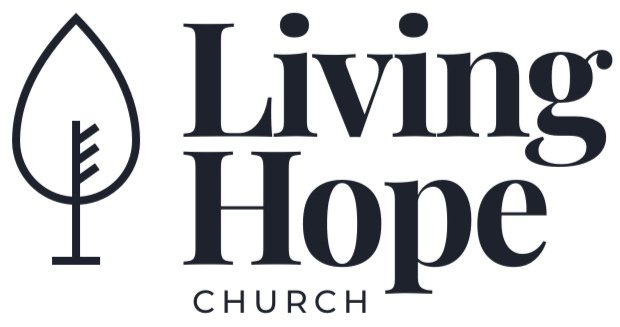Day 42
These chapters are absolutely full, and yet they fall on a Sunday morning when providentially I have less time to write. So here is a wonderful reflection from D.A. Carson on chapter 32.
“exodus 32 is simultaneously one of the low points and one of the high points in Israel’s history.
Only months out of slavery in Egypt, the Israelites prove so fickle that the delay of Moses on the mountain (a mere forty days) provides them with all the excuse they need for a new round of complaining. Moses’ delay does not prompt them to pray, but elicits callous ingratitude and disoriented syncretism. Even their tone is sneering: “As for this fellow Moses who brought us up out of Egypt, we don’t know what has happened to him” (32:1).
Aaron is revealed as a spineless wimp, unable or unwilling to impose any discipline. He is utterly without theological backbone—not even enough to be a thoroughgoing pagan, as he continues to invoke the name of the Lord even while he himself manufactures a golden calf (32:4–5). He is still a wimp when, challenged by his brother, he insists, rather ridiculously, “Then they gave me the gold, and I threw it into the fire, and out came this calf!” (32:24). Despite the covenantal vows they had made (24:7), many in the nation wanted all the blessings they could get from Yahweh, but gave little thought to the nature of their own sworn obligations to their Maker and Redeemer. It was a low moment of national shame—not the last in their experience, not the last in the confessing church.
The high point? When God threatens to wipe out the nation, Moses intercedes. Not once does he suggest that the people do not deserve to be wiped out, or that they are not as bad as some might think. Rather, he appeals to the glory of God. Why should God act in such a way that the Egyptians might scoff and say that the Lord isn’t strong enough to pull off this rescue (32:12)? Besides, isn’t God obligated to keep his vows to the patriarchs, Abraham, Isaac, and Israel (32:13)? How could God go back on his solemn promises? His final appeal is simply for forgiveness (32:30–32), and if God cannot extend such mercy, then Moses does not want to begin a new race (as angry as he himself is, 32:19). He prefers to be blotted out with the rest of the people.
Here is an extraordinary mediator, a man whose entire sympathies are with God and his gracious salvation and revelation, a man who makes no excuses for the people he is called to lead, but who nevertheless so identifies with them that if judgment is to fall on them he begs to suffer with them. Here is a man who “stands in the gap” (cf. Ezek. 13:3–5; 22:29–30).”
Carson, D. A. (1998). For the love of God: a daily companion for discovering the riches of God’s Word. (Vol. 1, p. 106). Crossway Books.
